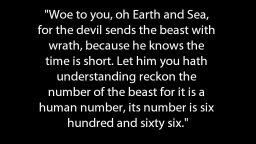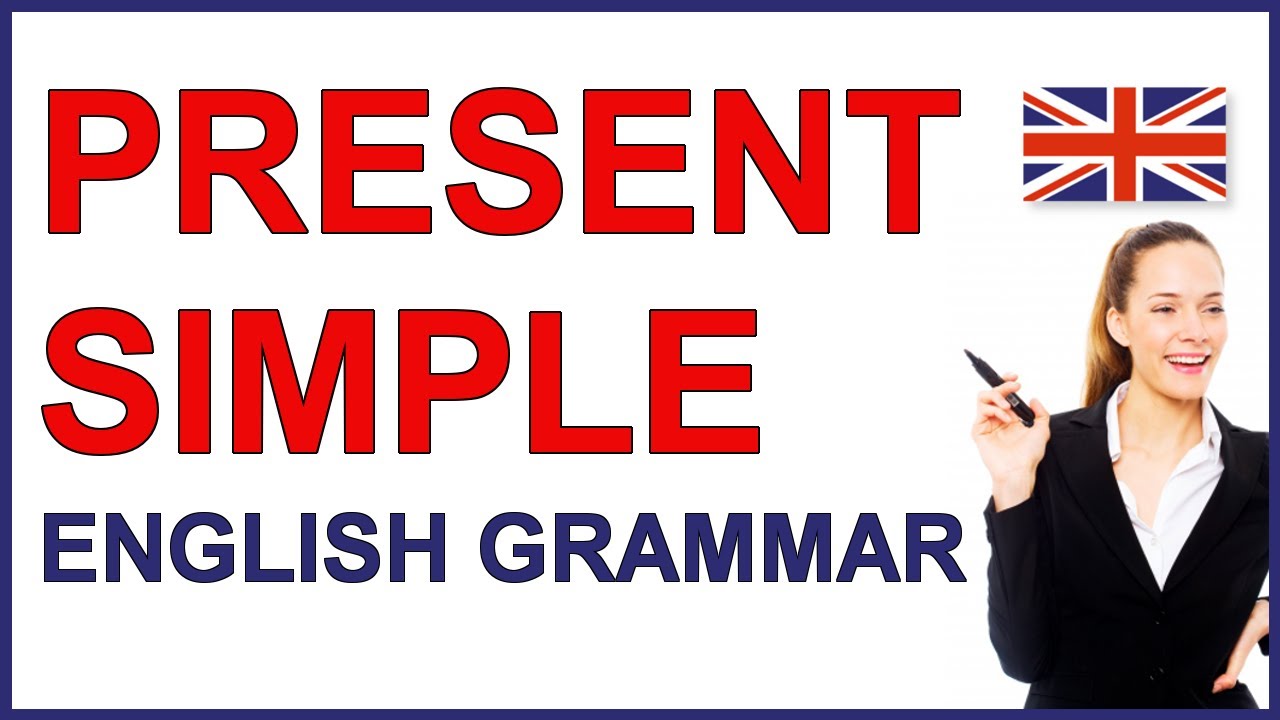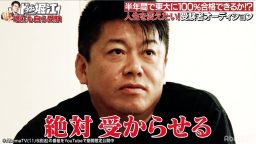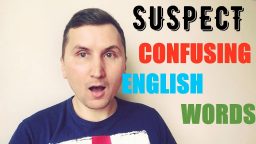「疑わしい」はsuspiciousと覚えてきたのですが、実は、susptectという単語も動詞や名詞だけでなく形容詞としての使い方がありました。意味はこちらも「疑わしい」。発音に関する注意として、ちなみに名詞と形容詞のときはアクセントは頭に、動詞のときは後ろにきます。
Meanwhile, Tadros also said the way Turkey has conducted itself has been “highly suspect” and “highly politicized.” (Erdogan says Saudis at ‘highest levels’ ordered Khashoggi’s killing and calls for cooperation, but critics say he’s part of the problem Business Insider)
【日本語訳】その一方で、タドロス氏は、トルコが行った調査のやり方自体も非常に疑わしく高度に政治的なものだとも指摘した。
形容詞としてのsuspect
説明がとてもわかりやすい動画を紹介します。
Confusing English Words | Suspect | Learn English Vocabulary and Pronunciation (削除済)
suspect (adj.)
1. Something that may be false or cannot be relied on 【例文】Some of the evidence they produced is highlyi suspect.
2. Something that you suspect to be dangerous or illegal 【例】a suspect package
susptectとsuspiciousの違い
じゃあ、形容詞としてのsusptectとsuspicious はどう違うの?という疑問が生じます。
suspectはそのものに信頼性がない、疑われている、suspiciousは、物事(や人が)疑念を抱かせる、または、人が疑念を(他のことに対して)抱いているという意味です。
suspectとsuspicousの違いをわかりやすく教えてくれる例文があったので紹介します。英語での解説部分は日本語で概説します。
The driver software for my printer is suspect. 【日本語訳】自分のプリンター用のドライバーソフトウェアが疑わしい 【ニュアンス、意図】印刷できないのはこのドライバーソフトウェアにバグがあったりするせいではないか
The driver software for my printer is suspicious. 【日本語訳】自分のプリンター用のドライバーソフトウェアが疑わしい【ニュアンス、意図】コンピュータウイルスが感染しているのではないか
a suspect detective 疑わしい探偵 (本人がそもそも犯罪者だったりして、探偵としての資質が疑わしい)
a suspicious detective 疑っている探偵(その探偵は、何かの件に関して疑いを持っている)
(参考ウェブサイト:StackExchange)
a suspicious personといえば、普通は、不審者という意味ですので、上の例a suspicious detectiveは形が同じですが、意味が全く違うことに注意を要します。「a suspicious detective 疑っている探偵」の例文をネットで見つけたので紹介しておきます。
The story begins with an epidemic of the drowned. For the longest time Scotland Yard is baffled by these supposed suicides even though they all had one thing in common, their connection to an insurance agency operated by the positively EVIL Dr. Orloff (Bela Lugosi). Finally, a suspicious detective, Lieutenant Holt (Hugh Williams), starts to investigate that angle. (出典:アマゾンレビュー)
別のウェブサイトでも面白い解説があったので紹介します。suspectは、同じスペリングのまま名詞、動詞、形容詞の3つの用法を持ちうるので、ややこしいですが。
If your boss thinks you may have dipped into petty cash to pay your gambling debts, you may be suspect (or “a suspect”). But if you think somebody else did it, you are suspicious of them. Confusingly, if the police suspect you of a crime, you can be described as a “suspicious person” and if you constantly suspect others of crimes, you can also be called “suspicious.”
But “suspect” is not so flexible. A suspect is a person somebody is suspicious of, never the person who is doing the suspecting. It never makes sense to say “I am suspect that. . . .” (参照ウェブサイト:Prof.Paul Brians)
【日本語訳と解説】もしあなたの上司が、あなたがギャンブルによる借金を払おうとして職場のお金に手を付けたと考えているのであれば、「あなたは疑わしい」(You are suspect)あるいは、あなたは「被疑者」(You are a suspect)ということになろう。しかし、もしあなたが誰か他の人がお金を盗んだのだと考えているのであれば、あなたは「他の人たちに疑いを抱いている」(You are suspicious)。ややこしいことに、もし警察があなたが犯罪を犯したと疑っているのであれば(動詞suspect)、あなたは「疑わしい人間」(You are a suspicious person)ということになるし、あなたが他の人たちが犯罪を犯したのではないかと常に疑ってるのであれば、あなたは「疑いを抱いている」(You are suspicious)ということになる。
しかし、”suspect”という語句の使い方はそれほど柔軟ではない。「被疑者」(名詞suspect)とは誰かが疑いを抱いている(somebody is suspicious)その対象となっている人のことであり、疑いの気持ちを心に抱いている本人のことではない。だから、I am suspect that …という言い方は全く意味を成し得ない。
文脈で意味が変わることもあるし(a suspicious person)語法的に意味が定まることもあるし(You are suspect)、文脈で意味が決まることもある(The driver is suspect. vs. The driver is suspicious.)ので、ややこしいですね。主語が物か人かも手がかりになると思います。
人が主語に来たときの、(人)+be+suspicious は、「その人が何かに対して疑いを抱いている」 という場合と、「その人自身が悪行を疑われている」 という場合の2通りがあり得て、それは文脈でしか決まらないと思います。後者の場合の例文を紹介しておきます。
Even if he is suspicious, it’s based on next to nothing, and he’ll get over it. (Wife for Hire by Christine Bell)








